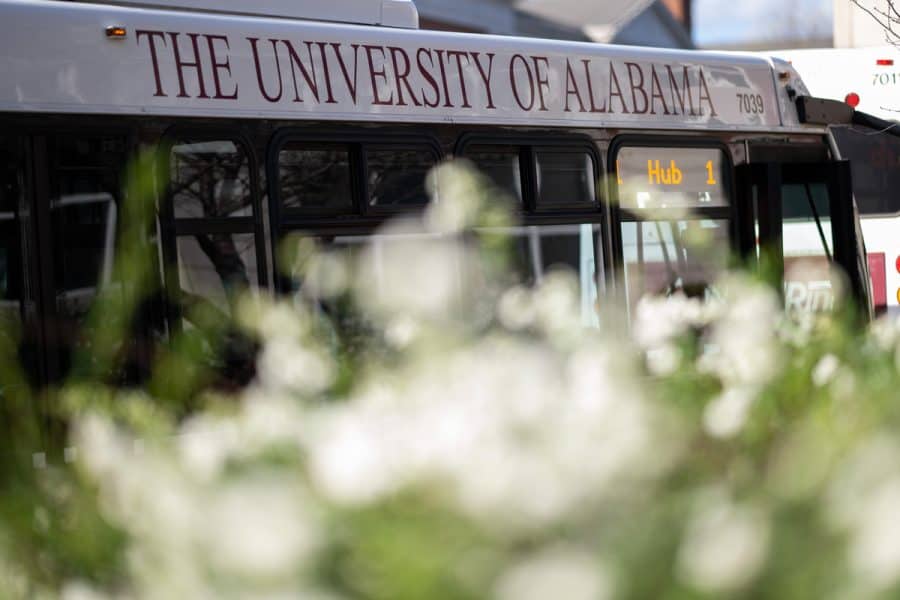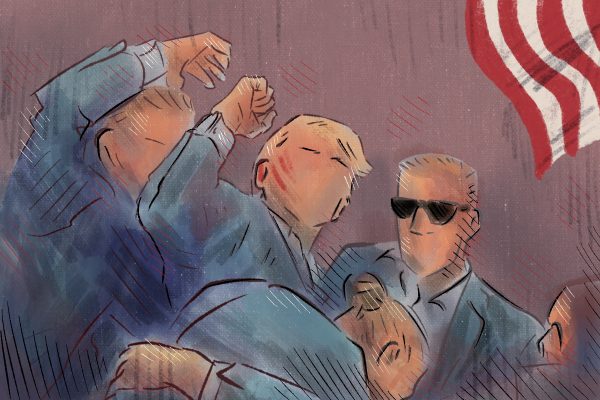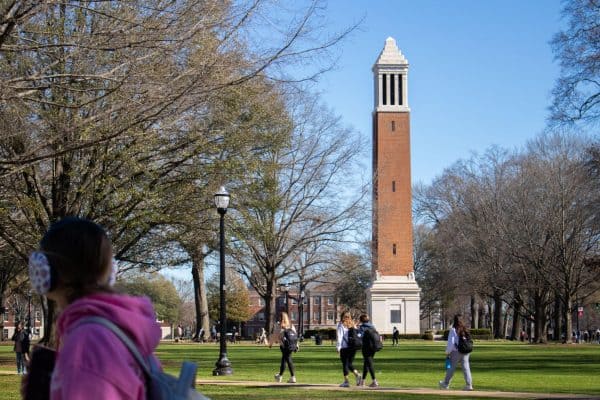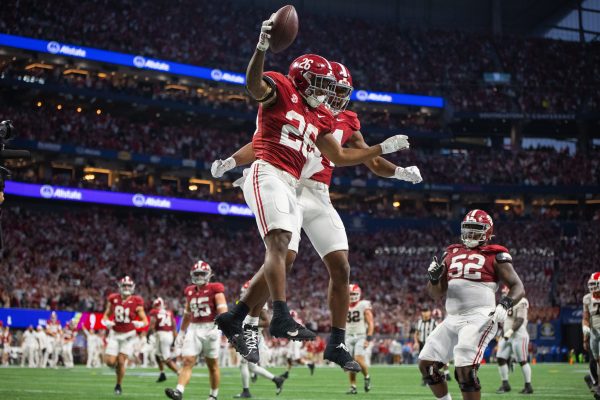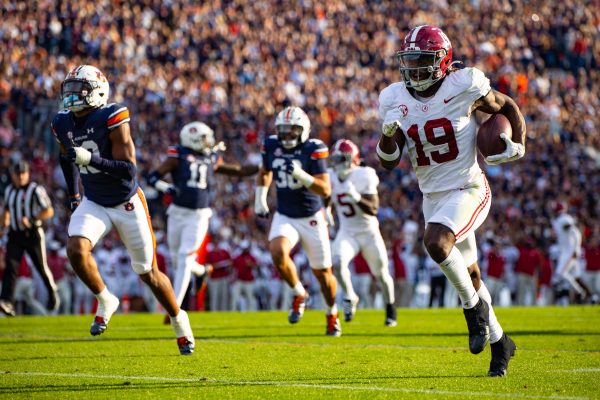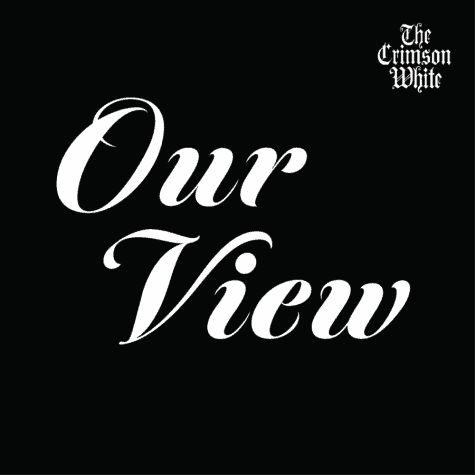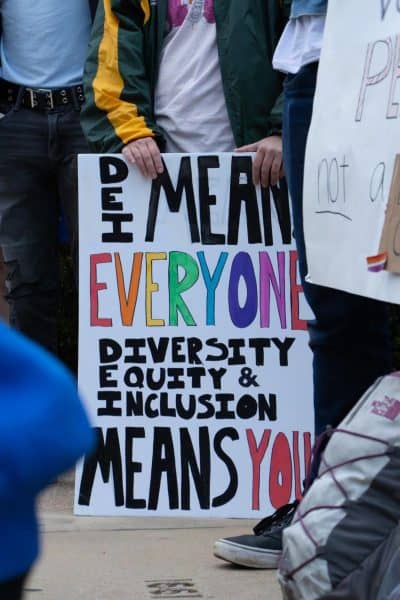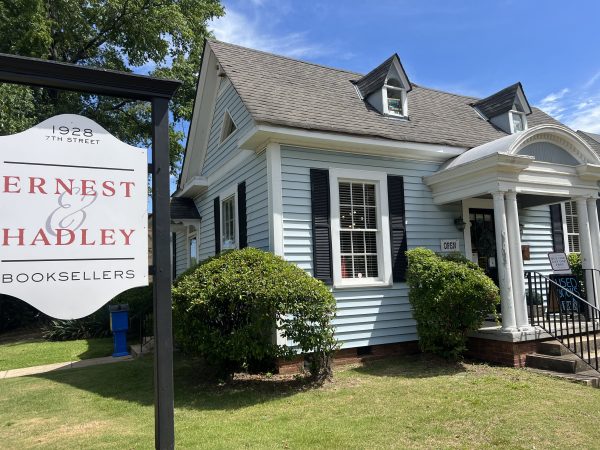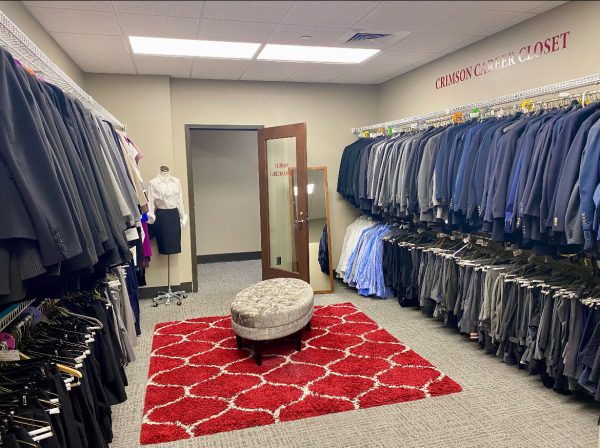Opinion | Parking isn’t the problem … driving is
March 26, 2023
A lot of students at The University of Alabama are angry that parking on campus is expensive and time-consuming. They shouldn’t be.
In The Crimson White’s February Instagram poll, both commuting and residential students reported spending shocking amounts of time looking for parking.
A previous CW opinion argued the University’s fairly static infrastructure does not meet commuting students’ needs or the demands of year after year of record enrollment. When the University hosts 38,645 students, 2,025 faculty members and many non-faculty staff, having only 8,600 spots in on-campus housing and less than 26,000 parking spaces is obviously insufficient.
But the problem isn’t insufficient parking inconveniencing commuters, it’s that so many students need to commute in the first place.
I have several friends who had to move to Northport to afford housing, and everyone is familiar with the now almost annual ruckus when people with housing scholarships get shunted off campus.
The University is so averse to building new housing on campus that Tutwiler Hall had to be virtually falling apart before it could be replaced and a couple hundred new dorm rooms added. Instead of forcing the vast majority of students to commute to campus every day after their freshman year, the University should invest in making on-campus housing plentiful, comfortable and inexpensive.
A single parking lot for dozens of cars can be transformed into a home for hundreds of students. Additionally, the University could commit to long-term leases on large chunks of private apartment buildings just off-campus, like they have done with East Edge on Jackson Avenue, to incentivize a new construction boom.
We would, of course, want these additional local students with less parking access to still enjoy all of the wonders and amenities of the Tuscaloosa area. Substantial spending on public transportation and making bike lanes safe and common would fix this problem and benefit the environment and students’ wallets. It would also keep students out of the hospital — motor vehicle accidents are the second most common cause of death for 20-24 year olds.
While some off-campus apartment complexes do contract with the University to offer Crimson Ride service, not one route crosses the river into Northport. To add insult to injury, buses on-campus lack any set time tables. If you need to take a bus to your next class, enjoy only being able to know when exactly the bus will arrive by checking Passio GO! right before you need to leave.
In 2022, The University recently received an $8 million federal grant, to be matched by $2 million of University funds, in order to replace several of the Crimson Ride buses with new electric buses.
Last February, the University approved spending $2.5 million on a new drive-thru only Starbucks. The administration is spending more of the University’s money on a single new building only drivers will ever use than it is spending on our neglected bus system.
Instead of only replacing a few buses, the University should be both electrifying and dramatically expanding the entire fleet and making it run on a regular, consistent schedule.
Is there a better signpost of the University’s shortsightedness? This new Starbucks exemplifies an outright disregard, bordering on open contempt, for pedestrians, bikers and bus riders.
Our bike lanes are nowhere near the standards they ought to meet. Separated from speeding cars by just a line of paint, if that, bikers lack the safety they should be afforded.
Heavy separation, with physical barriers protecting bikers from cars, is much safer and must become the norm. The city should be investing in creating new, safe bike lanes around Tuscaloosa for students and Tuscaloosa residents.
Actually investing in making bikes and buses viable options, in addition to reducing greenhouse gas emissions, could save students thousands of dollars.
Instead of paying for gas, car insurance, and, too often, costly repairs, students could just hop on a bike or bus. After building much more housing on and near campus, most could even save time on their daily commute.
Instead of constantly catering to drivers’ every whim, the University should mimic its prior success restricting on-campus roads to only University employees, buses, and those in need of handicapped parking. Respecting the needs and desires of all of the University’s students would result in a campus less dominated by cars, safer for students and better for both the environment and the community.
Alabama students shouldn’t be annoyed by the lack of parking. They should be furious that the only administration-supported way to get onto campus is by car and that the student housing near and on campus is so woefully insufficient.

